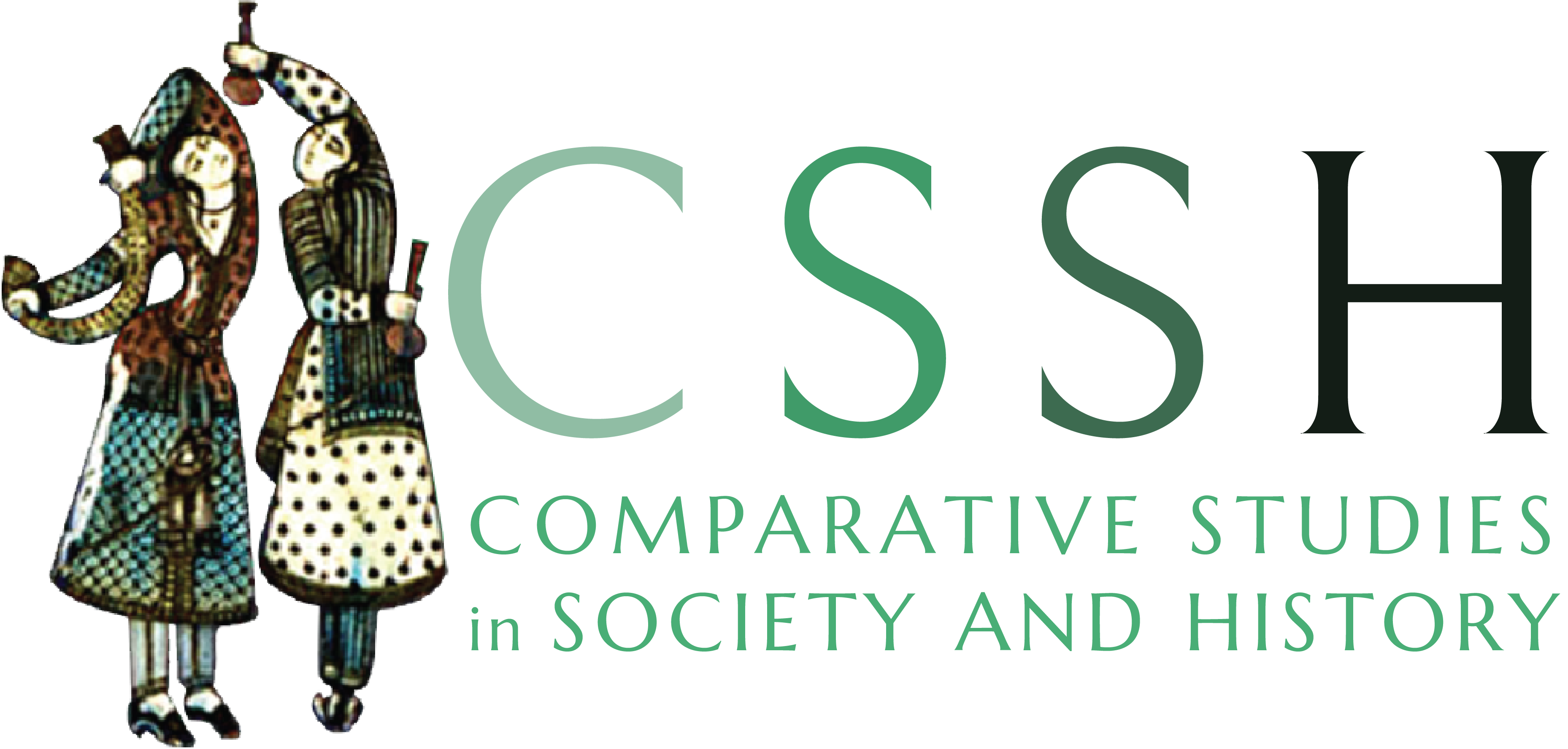Meet the authors of the 66-1 issue, January 2024.
N. Yasemin Bavbek is a Ph.D. candidate in Sociology at Brown University. Her research focuses on the political sociology of empires, education, and humanitarianism, with a particular emphasis on transnational networks between New England and the Ottoman Empire. She is currently completing her dissertation which addresses how trans-imperial processes shape civil society and undergird national institutions.
Usmon Boron is a SSHRC Postdoctoral Fellow in the Department of Anthropology at the University of Toronto. His research centers on the entanglement of Islam and secular modernity in Soviet and post-Soviet Eurasia. His current book project, entitled “In the Shadow of Tradition: Soviet Secularism and Islamic Revival in Kyrgyzstan,” illuminates the rise of secularism in Soviet Central Asia and explores how Soviet secular categories continue to inform the lives of Central Asian Muslims. Usmon received his PhD from the University of Toronto in 2022.
Gabriel Byng holds a Marie Skłodowska-Curie Individual Fellowship at the University of Vienna and was previously a Research Fellow at Clare Hall, Cambridge University. His first monograph was Church Building and Society in the Later Middle Ages (Cambridge University Press, 2017) and he is the winner of a Dan David Prize scholarship.
Deborah Elliston is a feminist sociocultural anthropologist pursuing questions of gender, culture, sex, and power. She is on the faculty at Binghamton University, State University of New York (SUNY) in Anthropology and Women, Gender, and Sexuality Studies. Her areas of specialization include critical engagements with nationalism, colonialism and postcoloniality, with “race” and racialization processes, and with queer sexualities and genders. Focusing on the indigenous peoples of Polynesia/Oceania, her research has centered on the “overseas possession” of France commonly known as Tahiti and the Society Islands in French Polynesia. Her current research there traces Polynesians’ historical and contemporary experiences with “race” and racisms as these intersect with sexuality, gender, and generation.
Isaac Friesen is a SSHRC Postdoctoral Fellow in the Department of Social Anthropology at the University of Cambridge, and a Junior Fellow at the University of Toronto’s Bill Graham Centre for Contemporary International History. Correspondence: Department of Social Anthropology, University of Cambridge, Free School Lane, Cambridge, CB2 3RF, United Kingdom.
Olívia Maria Gomes da Cunha is Professor of Anthropology at the National Museum, Federal University of Rio de Janeiro. Her more recent publications are The Things of Others: Ethnographies, Histories, and Other Artifacts (Brill, 2020; paperback, 2023), and the edited volume Maroon Cosmopolitics: Personhood, Creativity, and Incorporation (Brill, 2018).
Sumit Guha is Professor of History at the University of Texas at Austin and author of seven monographs. Recent ones are History and Collective Memory in South Asia, 1200–2000 (University of Washington Press, 2019) in and Tribe and State in Asia Through Twenty-Five Centuries (Columbia University Press, 2021). His latest book Ecologies of Empire in South Asia, 1500–1900 was published by University of Washington Press in July 2023.
Juho Korhonen is a political sociologist and historian whose work focuses on questions related to democracy, sovereignty, and peripheries, both past and present. Juho completed his dissertation at Brown University in 2019 and has published on various topics from post-socialist politics to international relations history.
Steven Pierce teaches in the History Department at the University of Manchester and is the Senior Editor for Africa of the journal Comparative Studies of South Asia, Africa, and the Middle East. His most recent book is Moral Economies of Corruption: State Formation and Political Culture in Nigeria (Duke University Press, 2016).
Christian Tym is an interdisciplinary social scientist who has published on interculturality and plurinationalism, indigenous knowledge, medical anthropology, the anthropology of Christianity, and political ontology. He is currently researching Westerners’ encounters with indigenous Amazonian culture, and particularly the use of psychoactive plants, at the Radboud Institute for Culture and History.


